Amazon is seemingly working on an extended-reality (XR) device that could rival similar efforts from Apple, Meta, Google, and Samsung, according to several job listings.
According to a number of job listings spotted by protocol, Amazon has been looking to fill senior roles for computer vision scientists, designers, program managers, product managers, researchers, and technologists in the augmented-reality (AR) and virtual-reality (VR) space.
A listing for a Senior Technical Program Manager in New Products said that the hire "will develop an advanced XR research concept into a magical and useful new-to-world consumer product," suggesting that the company is looking to establish a new product category. The listing has since been edited to remove references to extended reality.
Another role describes Amazon's initiative related to "XR/AR devices," explaining that hires will be part of "a greenfield development effort" that will include "developing code for early prototypes through mass production." The company is also seeking UX designers to work on "the core system interface along with end-user applications spanning from multi-modal interfaces to 3D AR entertainment experiences," suggesting that applicants should be able to "think spatially, with 3D design experience in motion design, animation [and] AR/VR, games."
In March, the company reportedly launched a new "Futures Design" group headed by Kharis O'Connell, who previously worked for AR headset maker Meta View and Google, helping to design AR operating systems.
Amazon has not been at the forefront of rumors related to new AR and VR hardware, with companies such as Meta and Apple possessing much larger teams working on competitive future AR and VR products. Meta is heavily investing in AR and VR, to the extent that it is said to be causing workplace disruption, and Google is believed to have around 300 employees working on an AR headset that is rumored to use an array of sensors and cameras to project computer-generated content onto the real world.
After reports of Samsung significantly falling behind in the rush to bring AR and VR devices to market, partially due to its "obsession" with foldable smartphones, it is now said to be co-developing an AR device with Microsoft and DigiLens, with the product rumored to feature "hologram" technology and an Exynos chip.
While Apple's mixed-reality headset was widely believed to be scheduled to launch this year, a recent report from Bloomberg's Mark Gurman cast doubt on the chances of the device emerging in 2022 due to development problems, with 2023 now looking more likely. Nevertheless, Apple's headset project is said to be "approaching liftoff," with the device mirroring the development timeline of the Apple Watch in the period before its launch. Apple's work on the headset's operating system, realityOS, has been rumored since 2017, but the existence of the operating system was recently confirmed when references to it were found in App Store upload logs and Apple open-source code.
The headset is rumored to feature a lightweight design, two 4K micro-OLED displays, 15 optical modules, two main processors, Wi-Fi 6E connectivity, eye tracking, a see-through AR mode, object tracking, hand gesture controls, and more. The device's exact price point is as yet unclear, but some reports indicate that it could cost customers around $3,000.
Like Apple, Amazon has a history of filing for patents related to smart glasses, and the company has already launched Echo Frames, which offers an audio-only experience with the Alexa voice assistant.


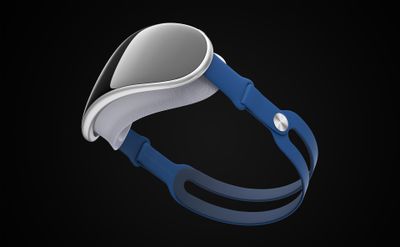 Concept render of Apple's mixed-reality headset by
Concept render of Apple's mixed-reality headset by 
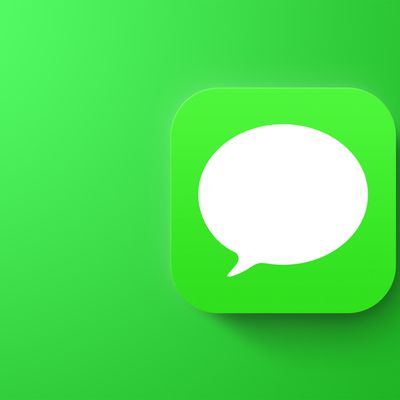
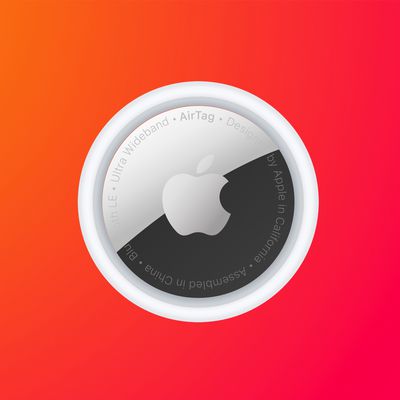
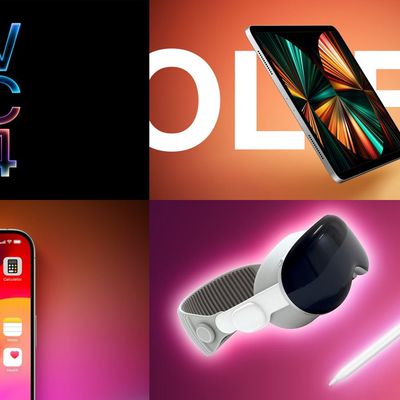
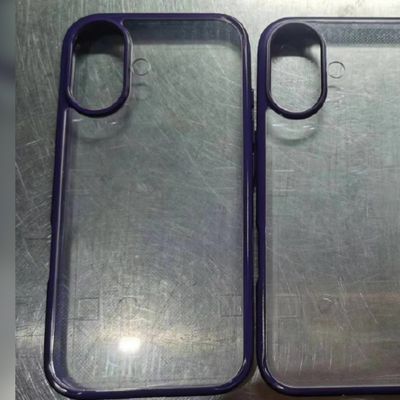
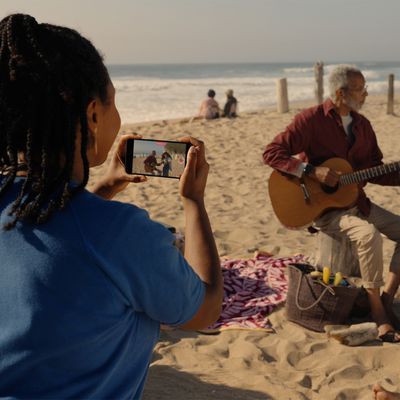









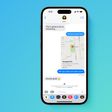


Top Rated Comments
There is no way I'm paying $3000 for AR/VR. It is such a niche market.
When they can make lightweight glasses that deal with my prescription eyeballs, the battery lasts two days or more, and the glasses actually show something useful..maybe then I'll consider paying 3k.
Apple collaborating with Stanford University's VR/AR research lab since 2016 tells me when Apple's AR product (I'm betting on glasses, not goggles) is released there will be an outstanding suite of Apple AR applications. Hopefully, then people will get it.